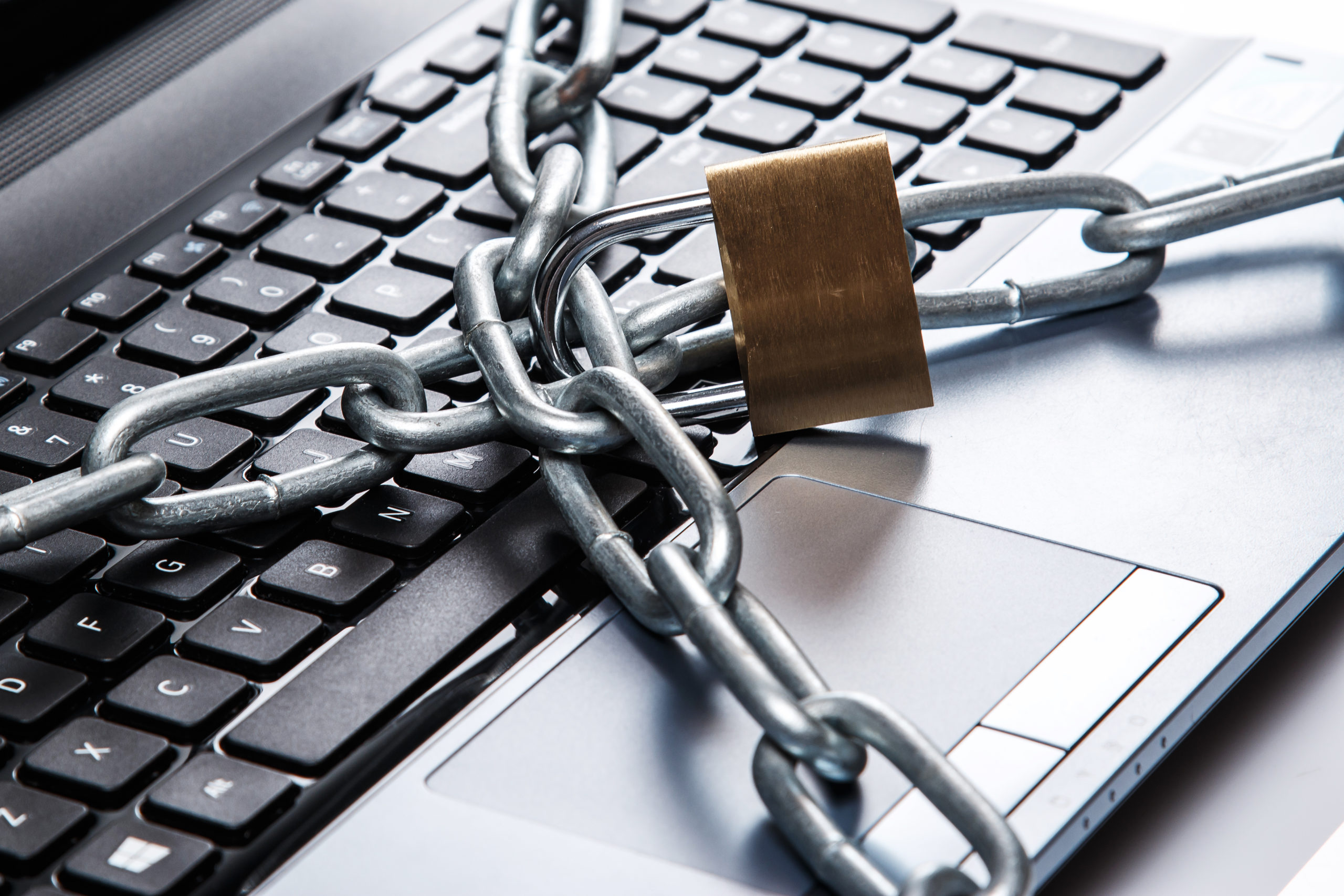Data privacy is a big concern these days. With the rise of hacks and data breaches, it’s more important than ever to take steps to protect your personal information online. You should be vigilant about the information you share on the internet, and take steps to ensure that your data is safe and secure.
There are a few key things you can do to protect your personal information online:
- Keep your passwords secure and don’t reuse them across different sites– A strong password is at least 8 characters long and includes a mix of upper and lowercase letters, numbers, and symbols. Avoid using easily guessed words like your name, birthdate, or favorite sports team. And don’t use the same password across different websites – if one site gets hacked, the hackers will try your username and password on other popular sites.
- Be cautious about what information you share on social media– Be thoughtful about what personal information, such as your address, birthday, and interests, you share on social media sites. Remember that anything you post online is public and can be seen by anyone, so think twice before posting anything that you wouldn’t want the whole world to see.
- Watch out for phishing scams– Phishing scams are when someone tries to trick you into giving them your personal information, like your password or credit card number, by masquerading as a trustworthy website or company. Be wary of any emails or links that look suspicious, and never enter your personal information on a website unless you’re sure it’s legitimate.
- Keep your antivirus and security software up to date– Antivirus and security software can help protect your computer from malware, which is malicious software that can cause damage to your system or steal your personal information. Make sure you have the latest version of these programs installed and that they’re set to automatically update so you always have the latest protection.
- Make sure no one can access your phone– Just like your computer, your phone contains a lot of personal information. Make sure it’s password-protected so that if it’s ever lost or stolen, no one can access your data. If you take it to a phone repair in Utah to have it checked or serviced, ask them to not keep a copy of your password or data.
- Your phone and computer aren’t the only things that need to be secured– your internet connection does too. If you’re using a public Wi-Fi network, make sure it’s a secure connection by looking for the https:// in the URL and checking for a padlock icon next to it.
Keep your personal information safe online by following these tips. By being careful about what you share and keeping your passwords secure, you can help protect yourself from identity theft and other online scams.
You can also help others by sharing this information with them. Many people are not aware of the risks of sharing personal information online, so by educating your friends and family about these dangers, you can help keep them safe as well.

